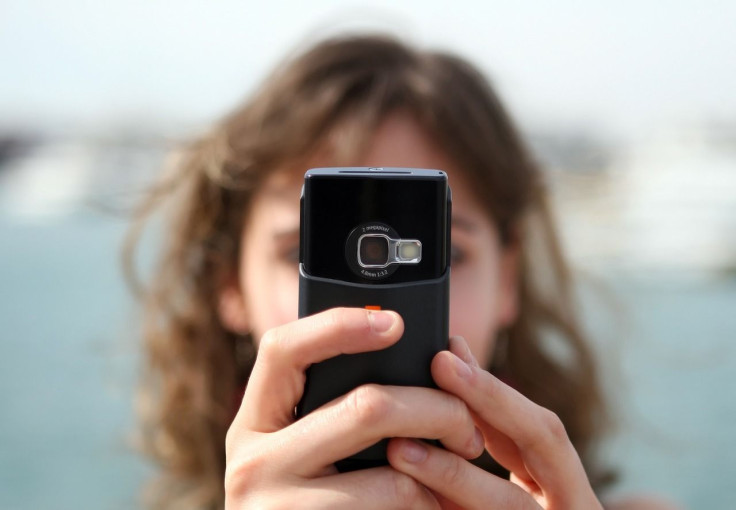How Does Tinder Work? Dating App Users Have Low Self-Esteem, Study Says

Tinder has become the 21st century alternative to hitting up a stranger at the bar and grabbing a drink together. The dating app has made things simpler and even sexier by allowing us to swipe left (meaning no thanks) or to the right (yes, please) on potential matches without having to deal with face-to-face rejection. However, there's a caveat to the swiping craze — one too many left swipes can lead to a more negative perception of body image and lower self-esteem, according to a study presented at the annual convention of the American Psychological Association in Denver, Colo.
"Tinder users reported having lower levels of satisfaction with their faces and bodies and having lower levels of self-worth than the men and women who did not use Tinder," said Jessica Strübel, study author from the University of North Texas, in a statement.
Strübel, along with Trent Petrie, PhD, also of the University of North Texas, and colleagues asked a group of 1,300 mostly college kids to rate how they generally felt about themselves through questionnaires and self-reports. Questions like “How satisfied are you with your thighs?” and “How likely are you to make physical comparisons to others?” gave researchers insight into users’ perception of their body image and self esteem.
Strübel and her colleagues were fascinated by the results because men, not women, who used the app had the lowest levels of self-esteem. Gender usually plays a role in how men and women respond to these types of questionnaires. Women usually feel the worst about themselves, but men were more likely to experience poorer self-esteem.
The researchers speculate this is because more men than women use Tinder. Typically, men are more likely to swipe right than women. So simply saying “yes” with the flick of a finger leads to the likelihood of higher rejection rates. Previous research has found men like to send a lot of messages or swipe right to attractive female users, but they don’t get a lot of responses because they are more focused on their own interests, and are oblivious of their attractiveness to potential dates.
On Tinder, men are being placed in a position that women often find themselves in, especially in the dating scene. Now, men are being evaluated and analyzed whether or not they have the qualities to be someone’s potential match. Dating apps like Tinder have evened the playing field — at least when it comes to online dating.
Being active on social media, including dating apps, regardless of gender, is linked to body dissatisfaction, body shame, body monitoring, and internalizing societal expectations of beauty. It also lends itself to comparing ourselves physically to others. It can even lead us to question our own self worth.
Tinder users should apply the adage, “it’s not me, it’s you”, when they get a left swipe.
Source: Strubel J and Petrie TA. Love me Tinder: Body image and Psychosocial Functioning Among Men and Women. Annual convention of the American Psychological Association. 2016.



























